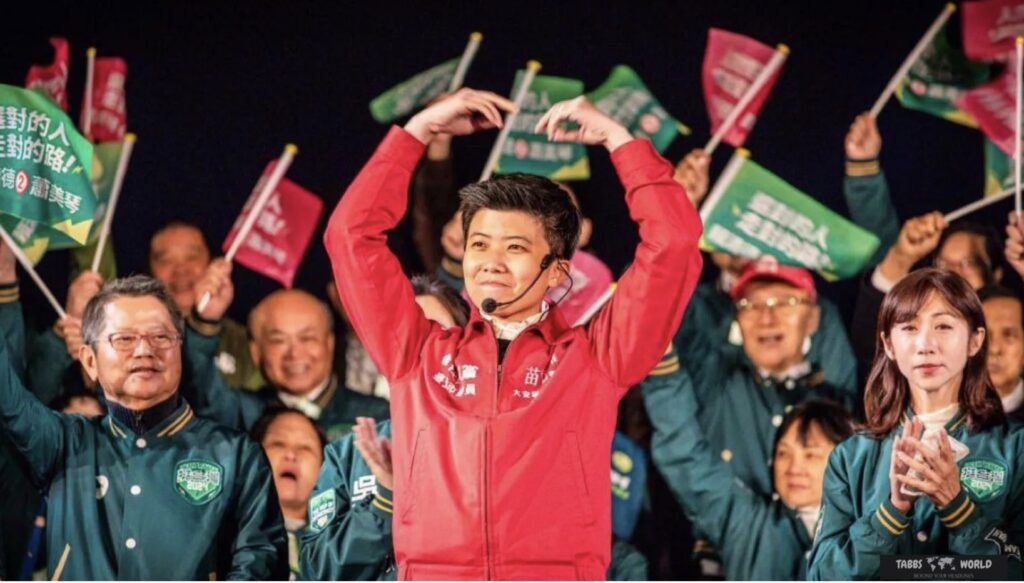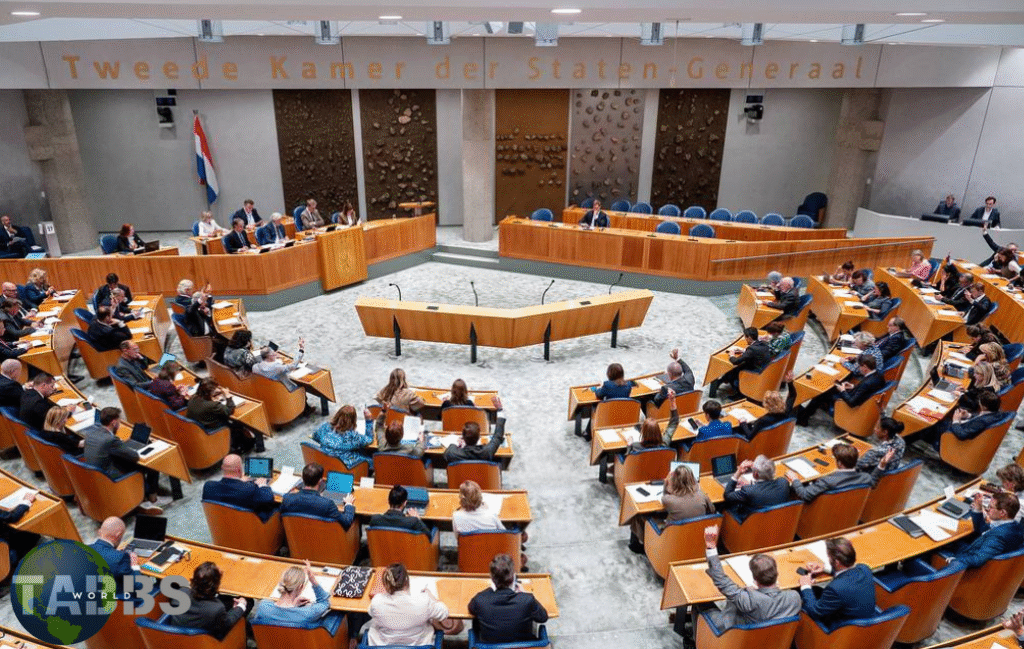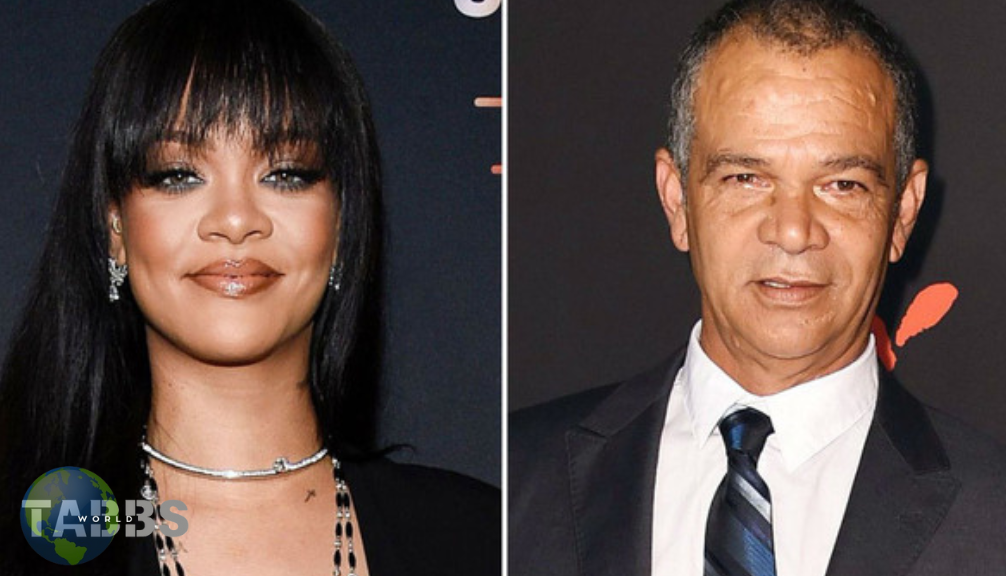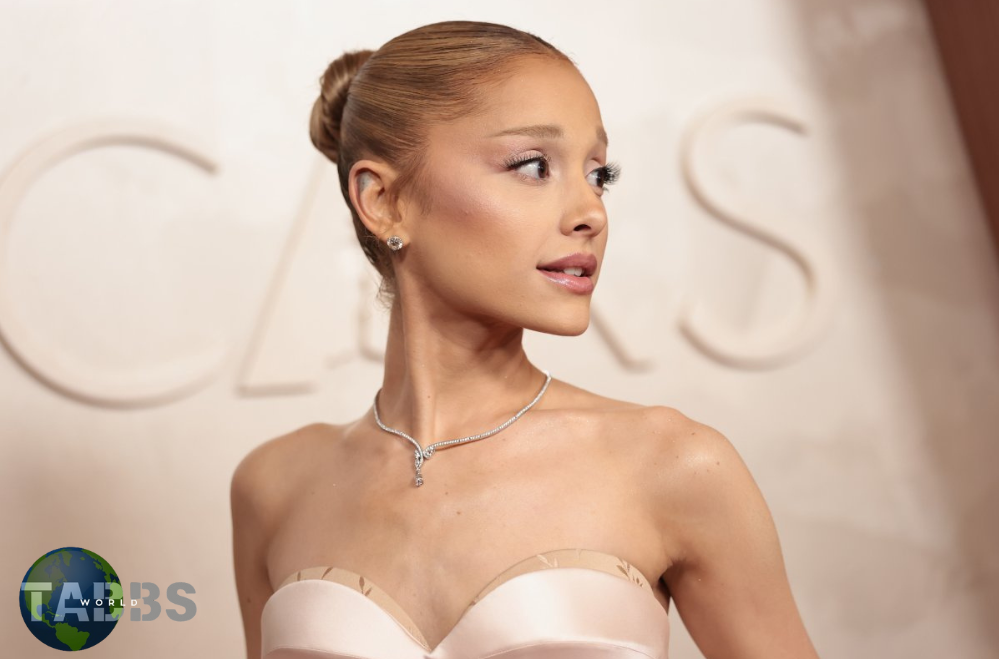Even in the hectic world of Taiwanese politics, Huang Jie stands out – and not just because of her pink highlights in her hair and love of cosplay.Known for her fiery speeches and progressive views, the 31-year-old made history in January when she won a seat in parliament – becoming the island’s first openly gay lawmaker.
“I think this is a new milestone for Taiwan,” Ms Huang told the BBC recently. “I am very grateful that the Taiwanese are willing to come here.”

“Of course, as the first such legislator, I also carry a special responsibility, which is to work harder and show everyone my efforts for LGBTQ rights,” she added.
Taiwan is one of the most progressive places in Asia when it comes to gay rights. In 2019, it was the first in the region to legalize same-sex marriage. It now also recognizes international LGBTQ+ couples and allows same-sex couples to adopt.
In addition to Ms. Huang, activists estimate there are now more than a dozen Taiwanese politicians who identify as LGBTQ+.
They include gay Taipei city councilor Miao Poya – he and Ms Huang were the two most prominent gay politicians in January’s election. The island – and the world – also had its first transgender cabinet minister in 2016, when then-President Tsai Ing-wen appointed Audrey Tang as minister for digital affairs.Yet some worry about a resurgence in conservative politics – while others dream of a time when sexuality won’t even be a topic of debate.
Ms Huang’s victory – she represents the ruling Democratic Progressive Party in her stronghold of Kaohsiung – is a rocky few years into her political career. After a short stint in environmental health research and journalism, she joined a small progressive political party and won a seat on Kaohsiung’s local council in 2018. The following year, she gained notoriety when she went toe-to-toe with controversial conservative politician Han Kuo-yu. During an argument at a council meeting, she was caught on camera rolling her eyes before giving a sharp retort.
That moment of unbridled rage earned her the attention of the Taiwanese internet, the moniker “eyeroll goddess,” and a new following. But it also attracted scrutiny. A tabloid ran a piece about her romantic life, prompting Ms. Huang to deny some of the allegations and clarify that she was bisexual.

The politician was forced out by the press – his parents had no idea of his gay sexuality until they read about it in the papers. Given a choice, he wouldn’t reveal it.
“I’ve never shied away from talking about my sexuality. But I also don’t think I have an obligation to explain my sexuality in particular,” she said. Having to show that I’m a sexual minority, it tells society that gay people are exceptional, special and not normal.”
Ms. Huang has since come to terms with her role as an openly gay public figure, and has spoken about her experience in interviews.
She has also made it clear that she will push for LGBTQ equality in Parliament. He told the BBC that one of his top priorities was to advocate for same-sex couples to have biological children. Taiwan is now considering allowing them access to assisted reproductive technologies such as IVF.
But as the only gay person in Taiwan’s famously embattled parliament – which is now led by her famous eyeball, Mr Han – Ms Huang also expects critics to “hold my sexuality and identity against me.” can use”.
“I can already think of scenarios where, if I don’t perform as well as they expected, they’ll say it’s because I’m a gay lawmaker… It’s a normal This is the situation faced by sexual minority public figures.”
This is an example, he said, of “a social environment that is not friendly enough”. This is why “even in Taiwan, where everyone feels that gay people are already very open, there are actually still many public figures or people in charge who are still very afraid to come out.”
Ms. Huang pointed out that unlike her straight counterparts who often appear in public with their partners, she appears to be single. Her partner is afraid to go with her “because they feel they will have to bear the negative gaze”.
Other LGBTQ politicians also said they faced obstacles.
When Ms Miao first entered politics, she told the BBC she was advised by senior party members to “get rid of my gay identity”. They suggested that she grow her hair longer and use more pink electives. He refused.
The challenge, Ms Miao said, lies in persuading voters to see it as just her sexual preferences: “Once you reveal your identity, the voter’s perception of you will change.” Your sexuality will be focused on… simply put, you will be labeled.”
It’s a subtle battle in a society that has seemingly embraced the LGBTQ community.
Taiwan used to be deeply divided over gay rights, but government surveys show an increase in support over the past five years. About 69% now favor same-sex marriage, while some 77% support same-sex adoption.
Tens of thousands of people attend the annual Taiwan Pride Parade, Asia’s largest. Even more gay tourists flock to its capital year-round for its vibrant LGBTQ scene, earning Taipei the nickname “San Francisco of the East.”
In May, Taiwanese drag queen Namphia Wind, who won the popular reality show RuPaul’s Drag Race, was hosted by then-President Tsai Ing-wen in his office — a sign not just of recognition but of acceptance.
Observers say that although Taiwan’s government has led the way, there are still parts of society that are not accepting. Although attitudes are changing, particularly among young parents, “in Taiwanese society, we think it’s OK if other children are LGBTQ — but not mine,” said Liu Wen, an associate fellow at the Academia Seneca that Chinese Studies queer issues in speech communities.
Some fear that conservatism may flourish after the recent election. Rita Zhang, an academic and activist with the LGBTQ group Taiwan Tongzhi Hotline Association, said, “I’m not 100% optimistic that we’re going to continue to be more progressive… We can’t be complacent because we see conservative ideology growing.
Joyce Teng, executive director of the Taiwan Equality Campaign, said the issue of homosexuality “can still be manipulated by conservative political forces”.
During the election, a Taiwan People’s Party (TPP) candidate questioned Ms. Miao’s appearance and gender presentation. Separately, a smaller party campaigned on an anti-transgender platform while a conservative group warned against voting for LGBTQ lawmakers.
Kou Wen-Jie, the TPP leader, who won huge youth support in January’s election, has been criticized for remarks describing homosexuality as a psychological problem. He also expressed changing views on same-sex marriage and was accused of flip-flopping on the issue to gain votes. Mr Ko insists he never opposed it.
One possible reason for the resurgence of conservative attitudes is the development of Taiwan. Ms Miao said: “It is mainly because of this… that some opposition opinions will become more extreme.”
But she hopes Taiwan’s democracy can overcome it. “Taiwanese society is very diverse – very open and very conservative views can coexist.”
Could Taiwan one day have a gay president – and become the first place in Asia with an out leader?
Some hope this will become an irrelevant question. “I hope that in the future, Taiwanese voters will not consider personal identity, such as whether they are a boy or a girl, or whether they are gay, as an important deciding factor when choosing a president,” Ms Miao said.
Ms. Huang agreed. Since taking office, he has championed a number of issues, not just LGBTQ rights. He has led recent protests over parliamentary reform, and chairs a parliamentary group building ties with Hong Kong as China tightens its grip on the city.
He said that it was meant to show that I am not different from everyone else, that I can still work hard in the public arena and get recognition for my performance.
She dreams of a Taiwan where “there will be no so-called glass ceiling – and I won’t feel like I’m hit by a wall everywhere because of my identity”.



